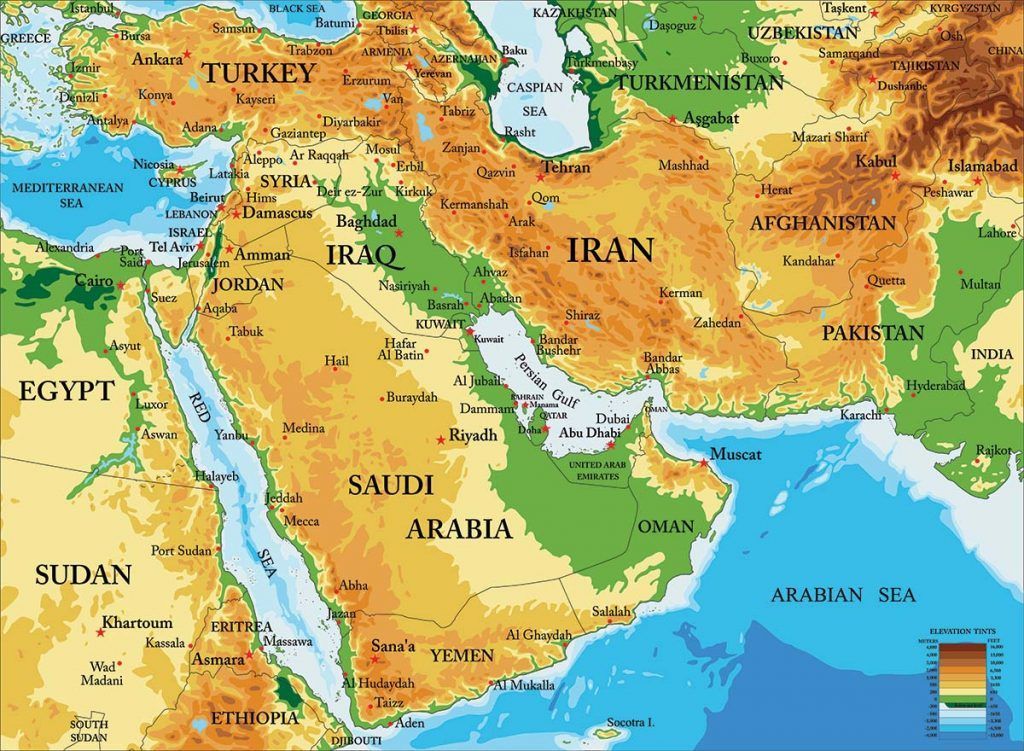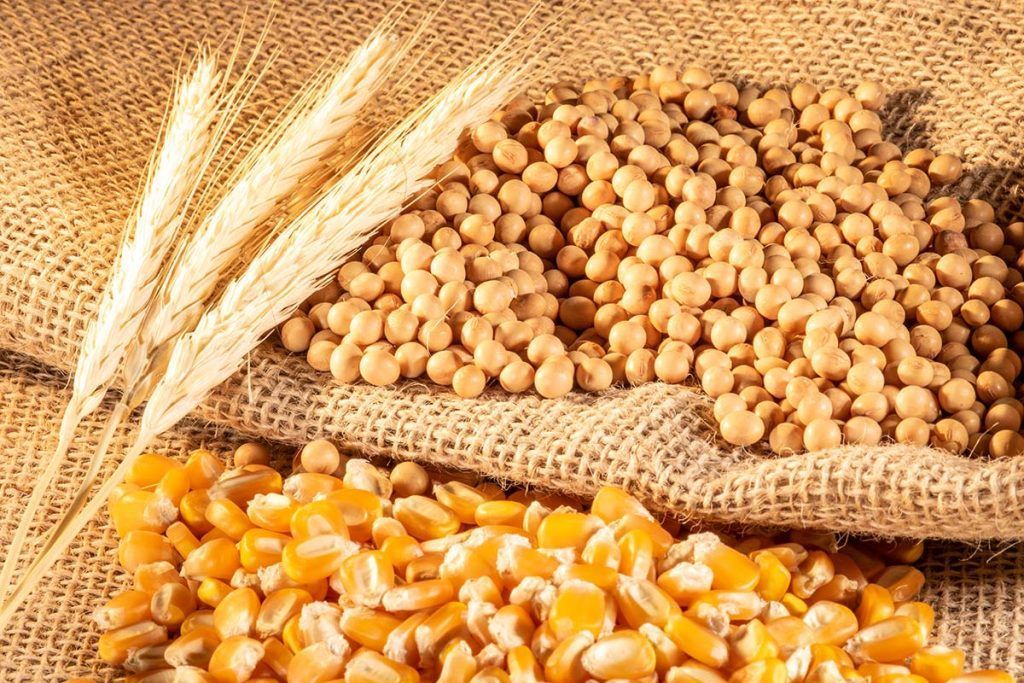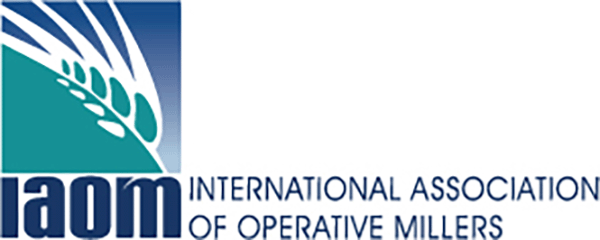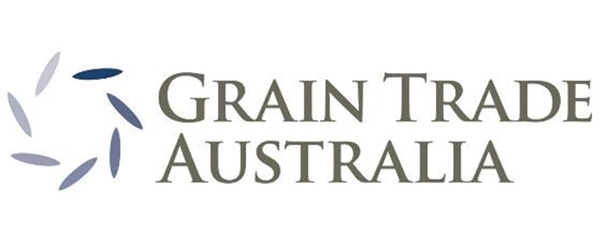The Middle East Drought, War in Ukraine and Food Security
The Gulf Co-operation Council (GCC) countries have traditionally been dependent on imports to meet their flour and feed needs. However, this year countries like Iraq, Iran, and Syria that usually produce a decent portion of their own domestic consumptive needs are looking abroad and tendering for grain to maintain their local grain and feed supplies as they reportedly are suffering from their worst droughts in 50 years. In a ‘normal’ season where world wheat supplies are ample, this would be a relatively simple process. However, with countries that are commonly relied upon to supply wheat to the world experiencing droughts, political unrest, export caps, tariffs, and war an already tight grains balance sheet seems to be getting tighter and supply problems are mounting. The war in Ukraine has already pushed prices to multi-year highs and it is possible this increase in demand may push grain prices higher still as net wheat importers commence the tug of war for the world’s available export wheat stocks.

Last month, Iraq’s agricultural minister announced the country is expected to produce just 3 million metric tonnes (MMT) of wheat this season, half of what was produced last season. Iraq has an inelastic wheat demand of 4.5 – 5MMT used to support its local food rationing program and it has started tendering for international supplies
Syria is reporting its wheat production as the lowest in 50 years, down 60% in 2021 and barley production at just 10% of its 2020 numbers due to a combination of drought, increasing costs and worsening economic conditions sparking fears of mass starvation through the region. Last month they released a tender to import 200,000MT of milling wheat to be filled within the next two months. It is reported Syria is expected to import more than 1.5MMT of wheat, with the majority coming from Russia. This is currently being hampered with Black Sea exports blocked due to Russia and Ukraine tensions.
Finally, Iran is set to import around 8MMT of wheat after its crop was ravaged by their worst drought in 50 years. This is an increase of around 7MMT from its usual annual 1MMT of wheat imports and the Government Trading Corporation of Iran has already begun a series of tenders to secure supply.
With demand outweighing supply in the Middle East, tenders have been and will continue going out to the usual wheat exporting countries to make up their short fall. However, with the world’s largest wheat producer, Russia, imposing export tariffs and quotas, coupled with the supply disruption caused by its war with Ukraine, competition is high, as is the price.

So unfortunately, for many countries in the Middle East, ‘put out a tender and see who takes it up’ isn’t quite that simple this year. If we look over the horizon though, the increasing price of wheat is a big incentive for a larger 2022/23 plant but prices for soybeans, corn and other grains are similarly high so in the event mother nature is kind, it is not a guarantee that we should see the wheat balance sheet move to a more comfortable level over the next 12 months. If the war in Ukraine extends for longer than the analysts (many of whom got the possibility of war wrong in the first place) predict, then we are moving into a period of higher prices for much longer than three to six months and this is likely to have a major impact on how many countries in the Middle East approach their food security needs into the future.
If you would like to receive regular market information from Basis Commodities, be sure to sign up to our weekly market reports below.
The post The Middle East Drought, War in Ukraine and Food Security appeared first on Basis Commodities.
Share This Article
Other articles you may like
Sign Up
Enter your email address below to sign up to the Basis Commodities newsletter.








